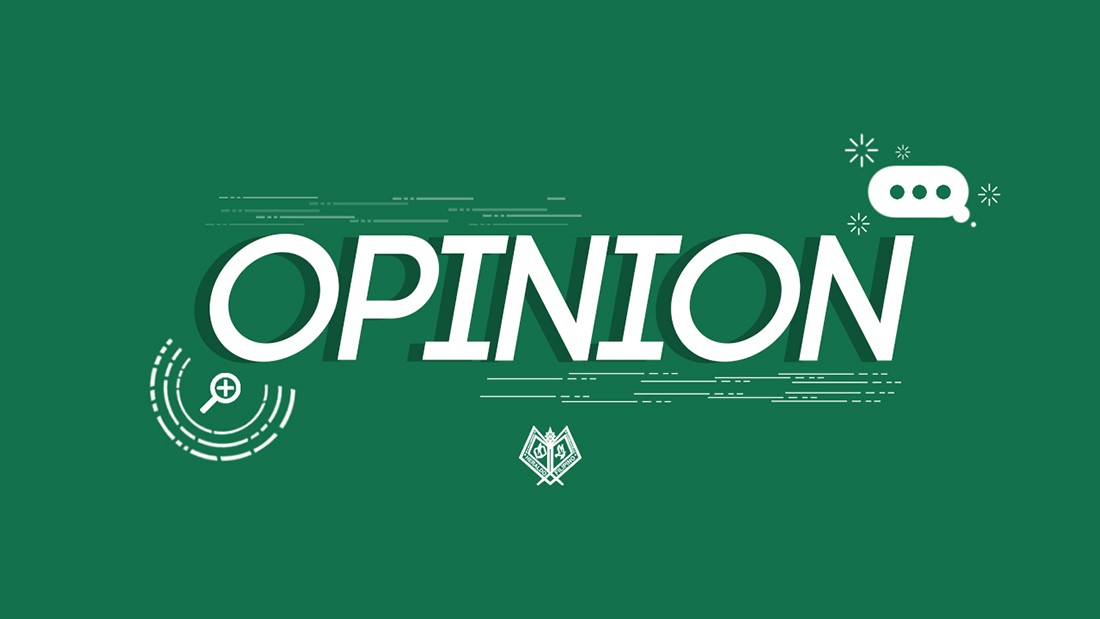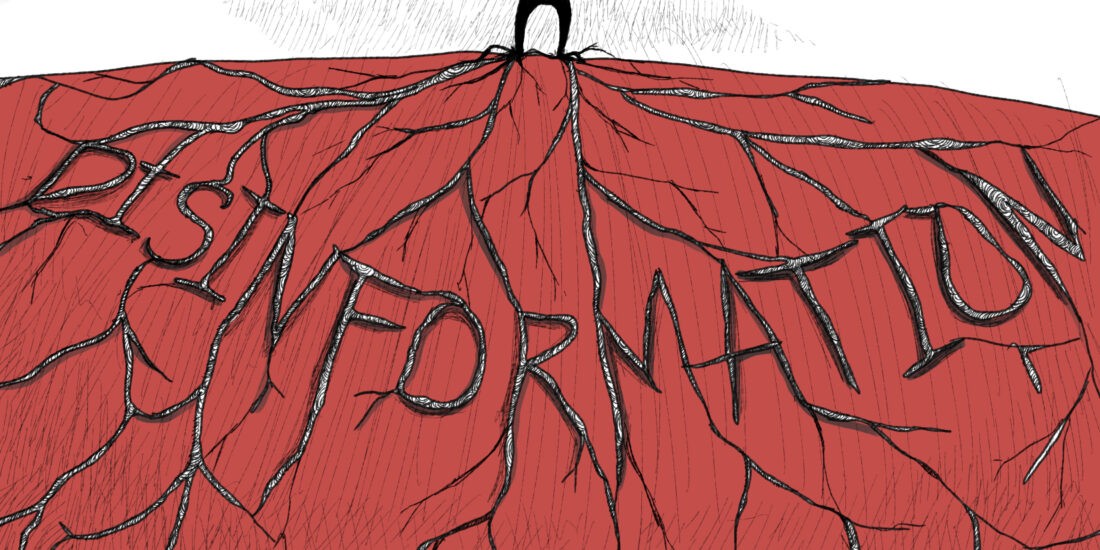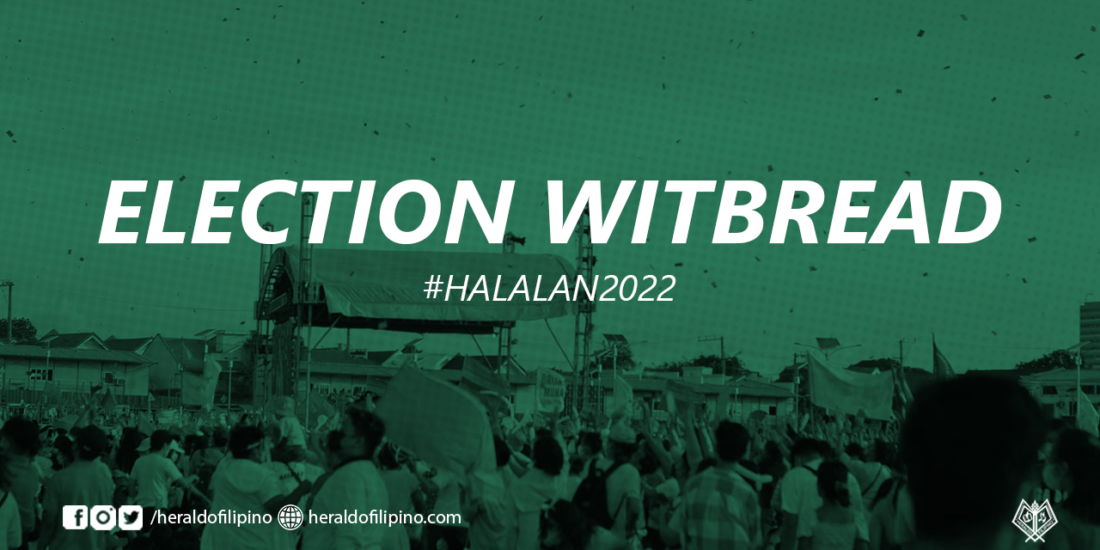Why friendship cards couldn’t be used in politics
Originally published from HF Volume 36 Issue 1
“Uyy friends pa rin tayo kahit si *** sinusuporta—“
This is one of the lines we keep on hearing between friends who share conflicting views when talking about politics. Some would advise not to bring up politics and elections at dinner tables and steer away from political conversations in friendship circles to evade potential conflicts.
Meanwhile, others would use their friendship card in justifying their political stances, even if their definition of respect means enabling dynasties of thieves, families of liars, and clans of convicted officials from then up to now. One might say that friendships should be thicker than anything else like politics. But when you are in a country that has lived through six years of human rights atrocities and decades of systemic abuses, you would come to realize that everything is and must be political – and that does not exempt friendships.
Differences of political views are not as easy to accept and tolerate as others would claim. This is not in any way comparable to having different preferences on which coffee flavor tastes better, which Korean girl group performs best, and which detergent cleans our dirty laundry the most. If only what’s at stake here carries the same shallow weight as such, then it is right to say that friends should accept and respect one’s personal preference.
However, what we put on the line in political matters bears a much larger implication – even bigger than your relationship as friends. What some people fail to recognize and choose to ignore is the fact that one’s political views reflect who they are as a person.
When you enable someone whose family has left a huge stack of debts while their people are suffering in poverty and pain, it tells a lot about the kind of moral ascendancy you hold as a human being.
When you support a candidate who has histories of conviction, human rights violation, and moral turpitude, it shows how little you care about the struggles of people in streets and families who are still grieving the sudden loss of their children. Hence,
there is no room for tolerance and acceptance for those who blatantly enable narratives of these power-grabbing politicians, including our friends who we deeply treasure.
Sharing years of experiences together is not a gate pass to tolerate problematic views, as this does not only mirror one’s political choice but also their values and morals as a person. Respect in friendships is not hard to give when it’s earned and when it should be given. But if this comes at the expense of tolerating twisted beliefs on the worst and bloodiest days in history, as well as views that exacerbate sufferings of our people, it becomes an entirely different story.
While it might be right to say that losing friends with problematic political choices is acceptable, efforts to engage them must remain to exist. Sitting through rounds of dialogues in coffee sessions, justifiable confrontations in friendship circles, and sincere intention to engage someone could bring more desirable results than not doing anything at all.
Friends who genuinely treasure one another would know when to listen and when to disagree. If there will be no room for tolerance of problematic beliefs, it doesn’t mean that there would be no doors for courageous conversations.
Respect may not only come in the form of acceptance and tolerance; it may also be through having the courage to change one’s toxic belief and letting them understand that what they opt to ignore can bring dangers that even them would
not be exempt to experience from – because that’s what friends are really for.
“Pulitika lang ‘yan.” Some of our friends would probably say. But just like a popular saying goes, “Just because you do not take an interest in politics doesn’t mean politics won’t take an interest in you.” And that’s exactly why even friendship cards could not be used in politics.




